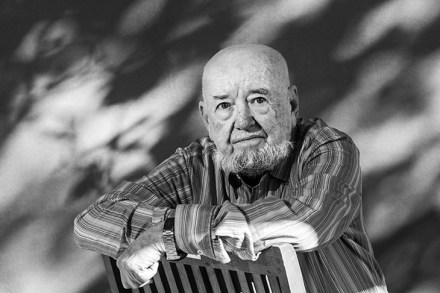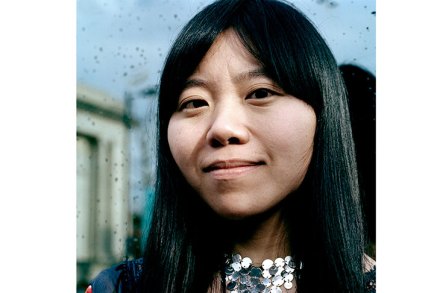Primal longing: Blue Ticket, by Sophie Macintosh, reviewed
Sophie Macintosh’s Blue Ticket is not classic feminist dystopia. Yes, it is concerned with legislated fertility, a world where women’s bodies are monitored like science projects by condescending medics.But the horror here is not impregnation but unwanted childlessness. Blue tickets, dispensed (randomly? It’s not clear) by a machine on a girl’s first bleed, decree a childless future; white tickets the opposite. Victims are not raped handmaids but sexually liberated working women, desperate to conceive and forbidden from doing so. Our narrator is Calla, a blue ticket, who grows increasingly dissatisfied with her lot, nurturing a ‘new and dark feeling’ inside herself. ‘I had never felt a baby’s leg in my





















